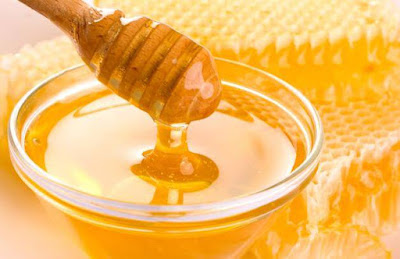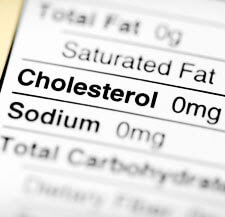How to Lose Weight the Healthy Way?
Most people today want to have a better life. In our present day environment knowing how to lose weight the healthy way can be even more difficult.
We seem to have several appliances, numerous conveniences and a huge selection of fast food restaurants than ever before. But our daily schedules seem to be busier than ever and our society has reached epic proportions with people being obese.
The conveniences of takeout food, the microwave oven, dishwashers and house cleaners are supposed to cut down on the number of hours spent on washing cloths, cleaning the house and preparing meals , but people have filled those hours with more things and spending less time with their families.
Weight and stress related diseases are at their peak. Two thirds of Americans are overweight and 1/3 of those are obese. Cardiac disease, diabetes, stroke and cancer are at an all time high. (1)
In order to decrease weight related diseases, people have turned to the weight loss industry, which has more than met their needs. But finding a healthy weight loss alternative may be difficult to find with the number of prescription and over the counter supplements that adversely affect the body.
People also suffer from distorted body images that are perpetuated by the media. All around us are pictures of air brushed models who don’t even look as good in person as they look in pictures. Hollywood, which once elevated skinny actresses to top positions, is now recognizing that skinny is just skinny; being fit is attractive. (2)
I feel the model magazines are sending the wrong message. We are not perfect, thinking we can look like them is a foolish goal. Your body tells you when you have reached the proper weight that is healthy for you.
“Diet” doesn’t necessarily mean losing weight but eating a healthy diet for proper nutrition. Some people try a starvation diet – or decreasing their calorie intake too low and finding that they have put their body in starvation mode. Once they go back to former eating habits they gain even more weight than they had before.
Healthy weight loss means you have a realistic understanding of what you want to achieve. This understanding is based on your own body type and lifestyle and not on that of the most recent bony model.
Define your goals for a healthy weight loss program, write them down and put them where you can see them every day. Remember that anything can be accomplished one step at a time. A trip of 1,000 miles starts with one step. Take it slowly and make the changes permanent.
Anytime you feel you are being deprived you will fail. Healthy weight loss does not include denying yourself nutrients or your favorite meals. You’ll obsess over them and your failure will be secured. Set one day a week a side and reward yourself. Have a treat,
Start with balanced nutrition and the correct portions of protein, fruits, vegetables and water. Serving sizes are much smaller than you might anticipate. Become familiar with the correct sizes by using a small food scale. Serve the meals on smaller plates and eat more slowly; it is amazing what your brain can convince your body to accept!
Break the meals up into 4-6 smaller meals rather than 1-3 larger ones. You want to keep your body fueled and never really feel too hungry. Once you start to feel hungry you may also start to feel cravings. The cravings are harder to resist than the actual feeling of hunger. Try to stop both before they start.
Phase out the trash in your diet. You know what that is. The processed foods, crackers, sweets, hamburgers and fries, candies and donuts have no place in a healthy weight loss regimen. When you get hungry at 3 pm grab an apple or banana to tide you over until dinner. Leave the candy bar in the candy machine.
Drink lots of water each day. One rule is to drink 4 oz of water for every hour you are awake. Water flushes out the toxins and waste products in your body. You can judge your hydration level by the color of your urine. If your urine has color you need to drink more! Sometimes just remember to drink 8 – 12 ounces of water each time you visit the bathroom.
In a healthy weight loss program you will also participate in exercise at least 3-4 times a week for at least 30 minutes. It doesn’t have to be rigorous. You can walk for 30 minutes each day and you’ll get some health benefits without the sweating, grunting and groaning of the exercise guru. As your level of fitness improves you may find you want to increase your workouts.
A healthy weight loss program is achievable for anyone! There is no one who can’t lose weight when they truly want to; when they ask for the help they need to keep their motivation high and when they get the support they need to make their goals a reality. Too often people are focused on weight loss for a short time and then life gets in the way. Healthy weight loss is not a ‘diet’, it is a way of life that is maintained for life.
tags:lose weight pills,how to lose weight fast without exercise,lose weight fast pills,how to lose weight fast and easy,how to lose weight fast naturally,how to lose weight fast with exercise,weight loss friendly foods,how to lose weight on your stomach
















